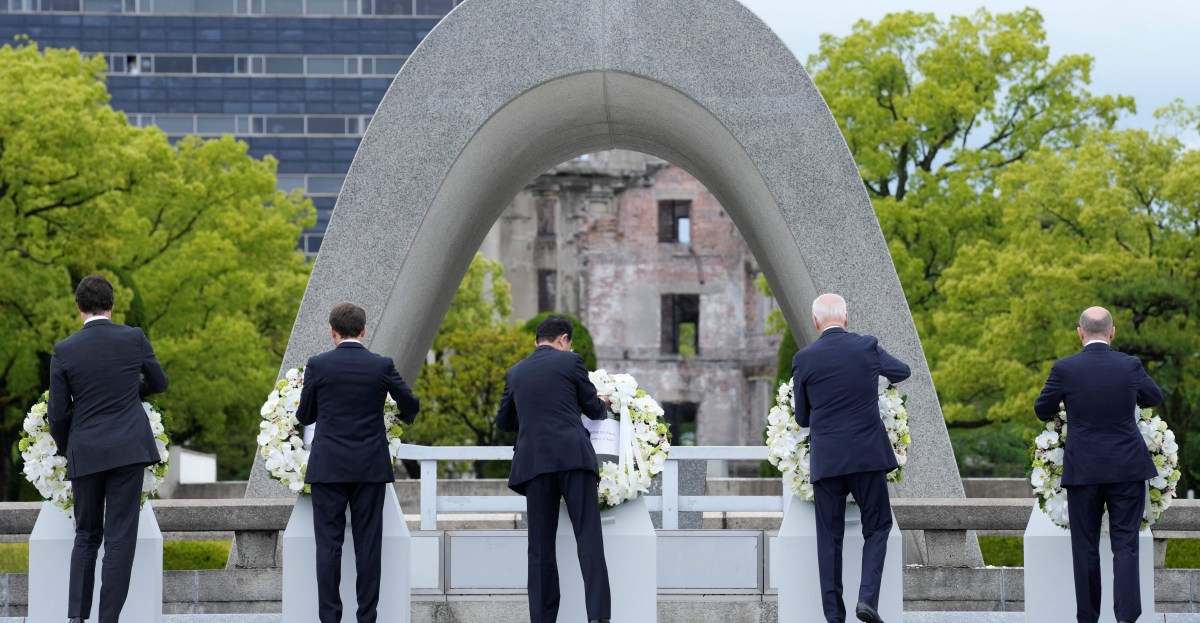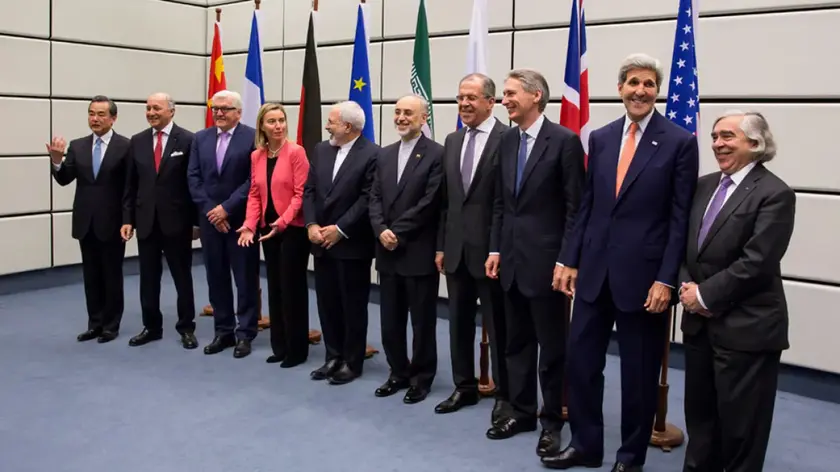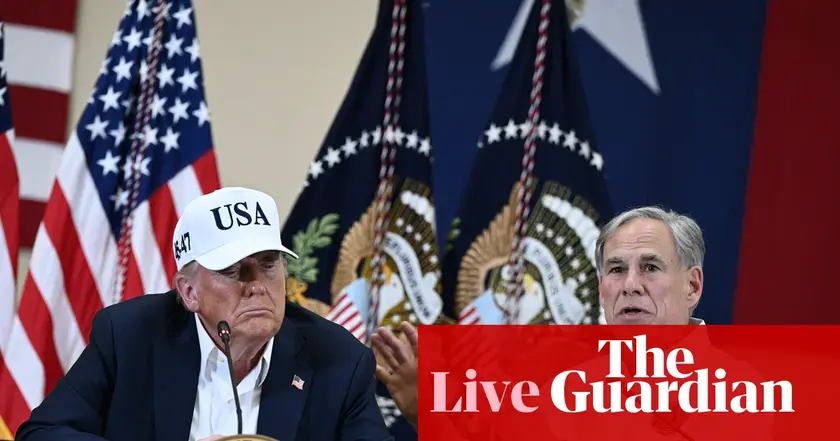T4K3.news
Pakistan general threatens nuclear action from US soil
A Pakistani general reportedly warned of nuclear action from US soil amid renewed ties with Washington and ongoing India-Pakistan tensions.

Pakistan's de facto military ruler Asim Munir used a US visit to warn of nuclear moves, signaling risky diplomacy and volatile regional dynamics.
Pakistan general threatens nuclear action from US soil
During a visit to Florida, Pakistan's de facto military ruler, General Asim Munir, reportedly warned that Pakistan would destroy any Indian dam that could cut water flow to Pakistan and threatened to retaliate with missiles. He reportedly said, We have no shortage of missiles, Alhumdulillah. The remarks, initially published by Pakistani media and picked up by analysts, could not be independently verified. The Florida trip included a retirement ceremony for US CENTCOM Commander General Michael Kurilla and meetings with senior US military leaders, highlighting a moment of renewed, if fragile, Pakistan-US engagement.
Analysts say the statements reflect bold posturing amid long-running tensions with India and a highly nuanced US-Pakistan relationship. Some observers framed the rhetoric as a display of resolve, while others warned that threats voiced on foreign soil risk complicating diplomacy and raising regional risk. The Pakistanis’ framing of Kashmir as a sovereign issue and references to religious language further illustrate how security and ideology can intertwine in public messaging. The report notes the remarks emerged as Islamabad seeks to balance ties with Washington and Beijing, underscoring how personal diplomacy can mingle with strategic signaling.
Key Takeaways
"We will destroy it with ten missiles."
Munir's explicit threat toward India
"If we think we are going down, we'll take half the world down with us."
Nuclear brinkmanship quote
"The Indus river is not the Indians' family property."
Water resource dispute framing
"We have no shortage of missiles, Alhumdulillah."
Missile capability boast
The episode exposes how individual voices can test formal diplomacy. It also shows how nuclear rhetoric, when cast on a global stage, can reshape expectations of restraint. If such language becomes a recurring tool, it may harden positions and complicate talks on water sharing and regional security. Yet it also reveals a government anxious to project sovereignty and resilience in a complex web of alliances. The United States must weigh diplomatic optics against the risk of empowering hardliners on both sides.
Highlights
- We will destroy it with ten missiles
- If we think we are going down, we'll take half the world down with us
- The Indus river is not the Indians' family property
- We have no shortage of missiles, Alhumdulillah
Nuclear threats on foreign soil risk destabilizing diplomacy
The remarks elevate tensions between Pakistan, India and the United States, potentially affecting regional security and water diplomacy. They are unverified and could complicate ongoing security cooperation.
Rhetoric tests restraint as real-world consequences hinge on steady diplomacy
Enjoyed this? Let your friends know!
Related News

World marks Hiroshima anniversary with renewed nuclear fears

NATO warns of rapid action against Kaliningrad

Netanyahu's actions threaten regional stability

Iran prepares for conflict with Israel

Trump orders deployment of nuclear submarines in response to Russia

Trump deploys nuclear submarines in escalating response to Russia

Study links cancer cases to Coldwater Creek radioactive waste

Trump National Guard case heads to California court
